Co-designing SONNET’s way forward
Earlier this year, the SONNET team “took to the trains” and met in the Netherlands for our second in-person partner meeting – this time hosted by DRIFT.
The meeting in Rotterdam was a great time to reflect on the excellent work done since the project started. SONNET has already mapped 500 social innovation in energy (SIE) initiatives across Europe; used those to draft a typology to help us characterise and better understand types of SIE; reviewed existing SIE literature; and drafted a conceptual framework to guide our research.
The SONNET team has also been hard at work preparing and launching City Labs in Antwerp (Belgium), Bristol (United Kingdom), Grenoble (France), Mannheim (Germany), Warsaw (Poland), and Basel (Switzerland). For example, Mannheim has applied their extensive experience using a design-thinking model to SONNET. The city and its climate agency have hosted two design-thinking workshops to collaboratively narrow-down the focus of their SONNET City Lab. Meanwhile, on 18 February, Grenoble held the first City Lab kick-off event (more news on that coming soon!).
Coming together served not only to reflect on success so far, but also to plan for the work still to come. The key tenant of the SONNET project is co-creation of knowledge. Meeting in-person gave us the opportunity to seek feedback and guidance from all partners, and to shape the direction of our work together.
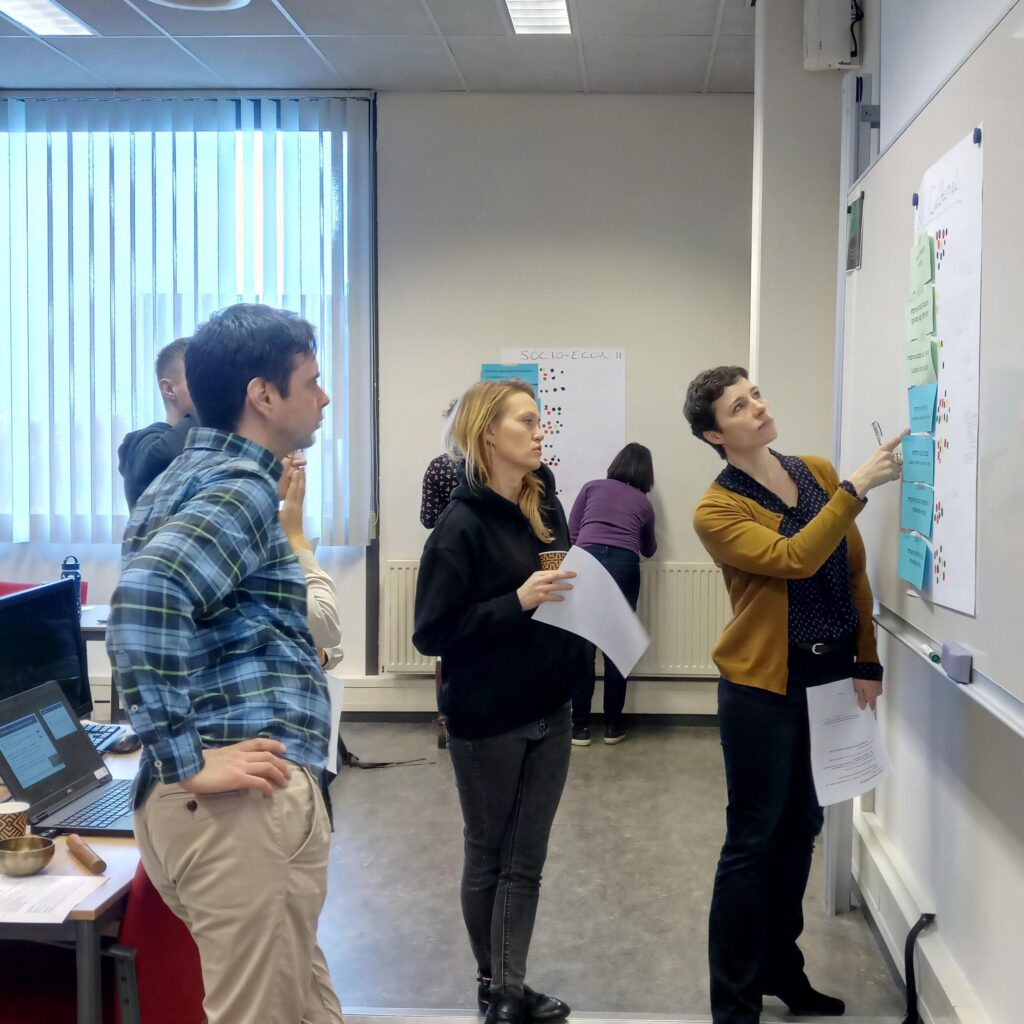
This process was influenced by presentations and input from three members of the SONNET “Inter- and Transdisciplinary Advisory Board.” Dr. Cornelia Fraune (TU Darmstadt) walked the partners through how to meaningfully consider gender in our work. Prof. Neil Strachan (UCL) provided feedback on SONNET, looking at the socio-economic dimension of SIE. As one SONNET partner observed, “It is about making sure that some people are not paying far more for energy transition because they can’t access certain solutions.” Finally, Daniel Crow from the International Energy Agency (representing Board Member Laura Cozzi) presented the IEA’s World Energy Outlook and challenged us to consider how SIE is relevant to all of the many interventions we will need in order to reach a sustainable energy system.
SONNET aims to build on our wealth of knowledge – knowledge gained not only through literature review, but also based on our experiences. These experiences, frankly, did not always go to plan. But, as agreed upon in Rotterdam, “To achieve innovation you have to be willing to fail.” In this spirit, partners not only provided input on different parts of the work we have ahead. We also shared times that we have failed, and examined what went wrong to try to learn from and build-on even our missteps. One of the main lessons learnt: building trust is critical to co-creation.
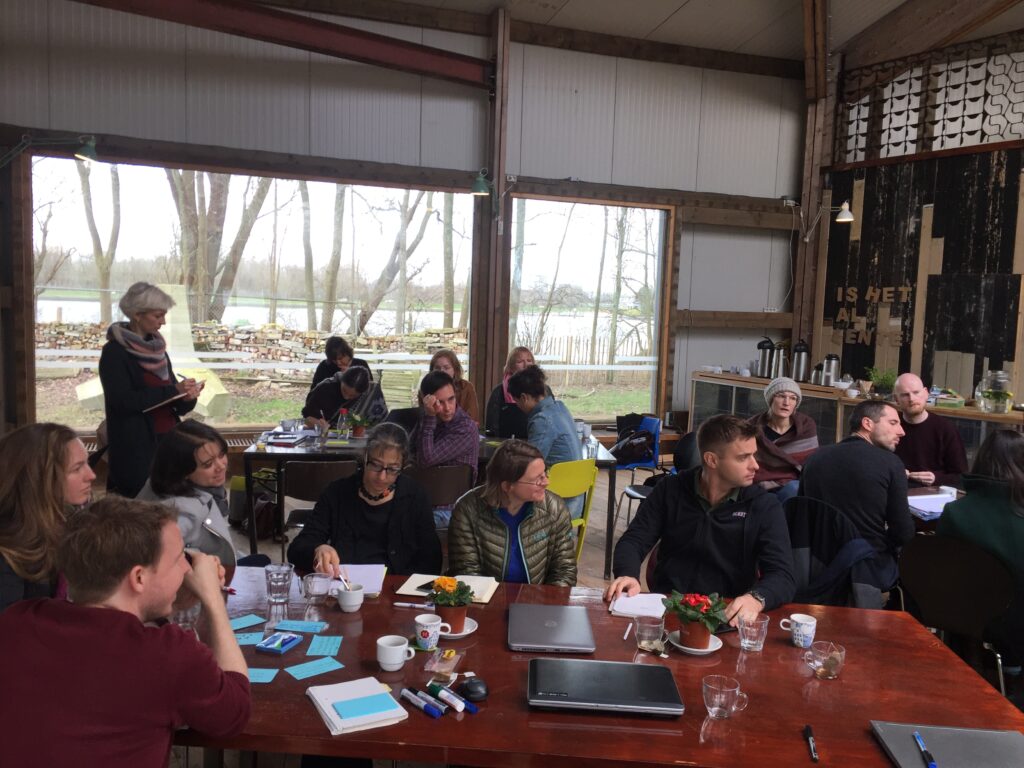
Given its challenges, why should we even invest in co-creation? Anne-Lorène Vernay, a member of the SONNET team from the Grenoble École de Management, explains, “We always look at problems from our own perspective, but if you get to see questions asked by somebody more into [another field], they look at the same problem in a different way. So we get a broader understanding of what is going on. And I think that’s why it is powerful to co-create together.”
After four days of meetings, workshops, delicious meals, walks in the rain, and a tour of Rotterdam’s Brienenoord island – including a day spent at the Buitenplaats Brienenoord cultural centre, which was co-designed by future users and constructed using material recycled from old buildings and constructions sites – the team was energised and engaged!
Understanding, testing, and supporting social innovation for energy transitions is a lofty task. Taking this on will not be easy. But, as Flor Avelino, researcher at DRIFT, reminded us, “Things always start small, Don’t underestimate the power we can have through SONNET.”
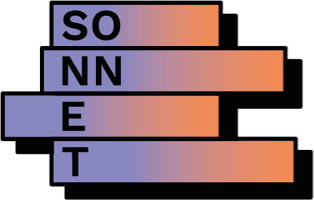
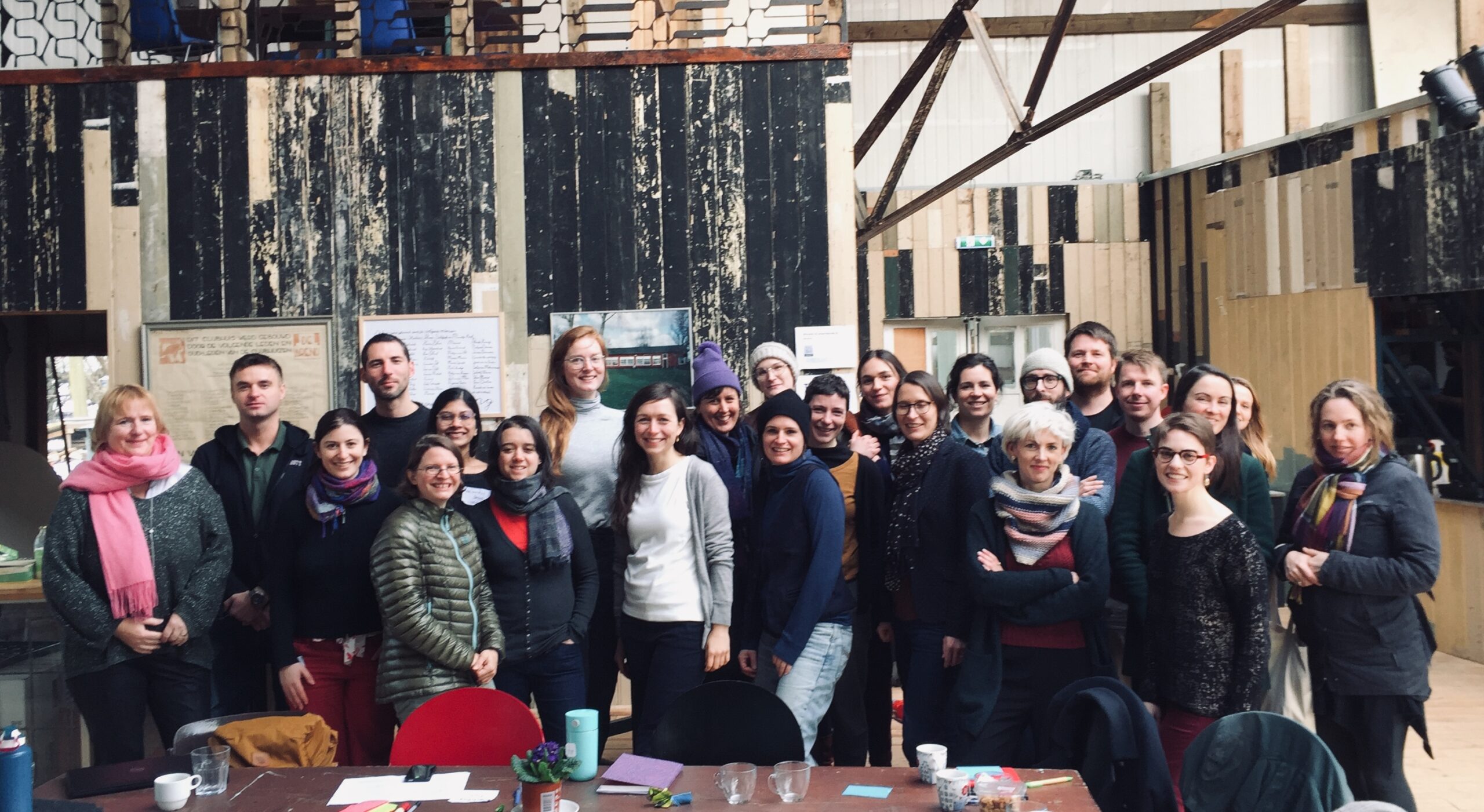


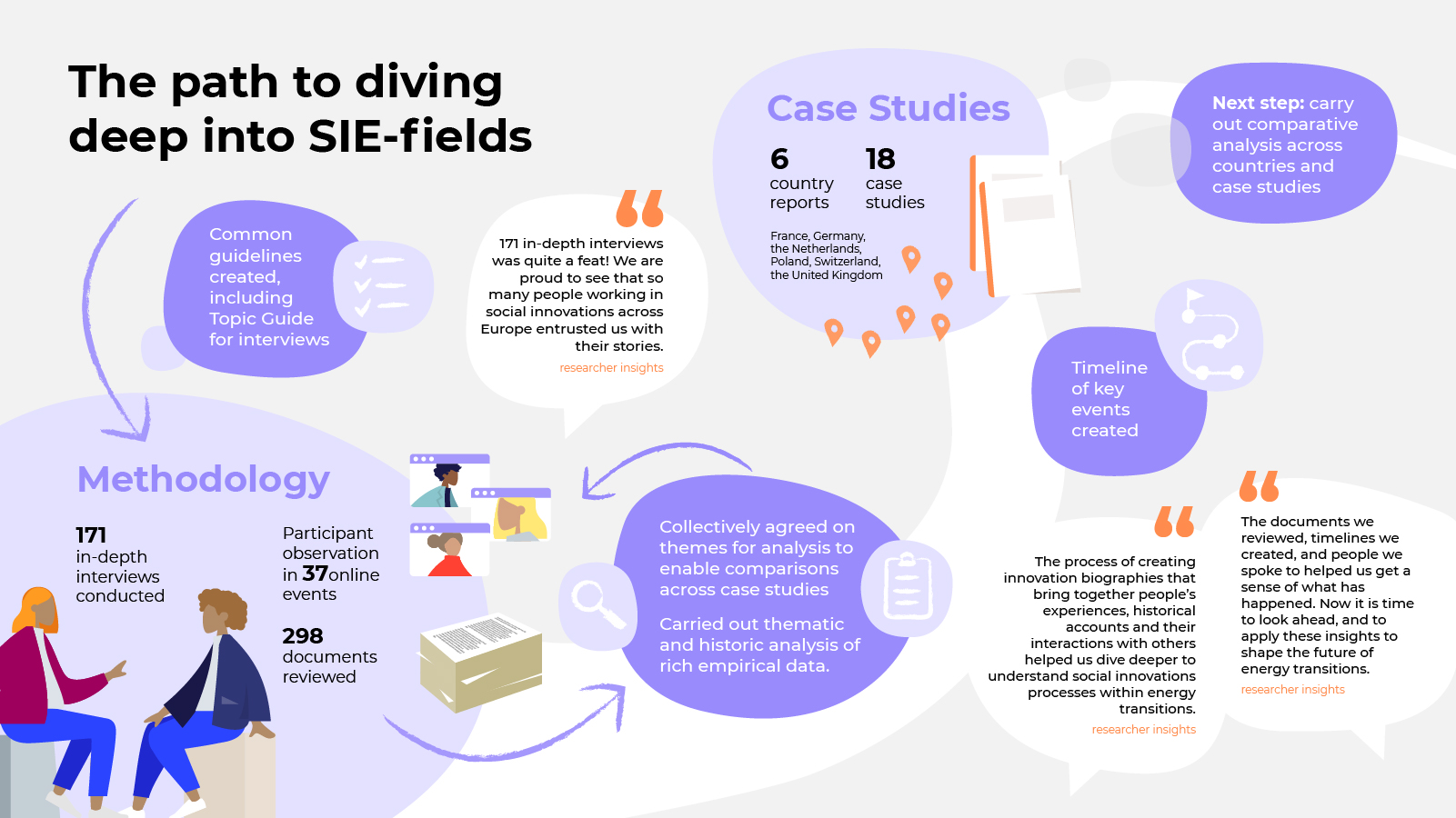
 The project has received funding from the European Union’s Horizon 2020 research and innovation programme under grant agreement No 837498.
The project has received funding from the European Union’s Horizon 2020 research and innovation programme under grant agreement No 837498.